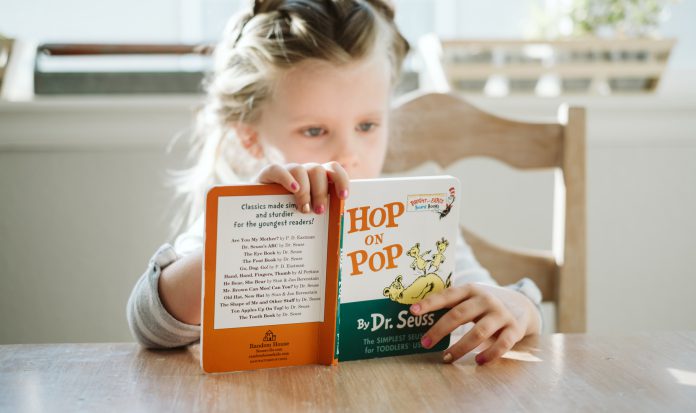I personally haven’t thought about this as much. I do believe that my 5-year old is smart – and takes after me, I hope 😉. I’m also under the impression that she easily learns lessons well (she’s homeschooled). But her recent not-listening, disobeying shenanigans prove me wrong about the latter. Seems to me that smart isn’t always equal to learned.
Both Intelligence Quotient and Emotional Quotient – known as IQ and EQ – are essential to a child’s development. Although how high these are do not guarantee success in the future, IQ and EQ contribute greatly in getting a preview of how our kids will most likely function once we release and shoot them out from our quivers.
To answer this profound question, let’s walk through each one:
On boosting IQ:
Some of the most traded parenting secrets when it comes to IQ has nothing to do with the flashiest smart toys or computer programs. Genetics + good nutrition + active lifestyle + playtime galore + protection from toxins add up to nurture our kid’s intelligence.
Surprisingly, emotion is a key driver to learning, and no matter how high the child’s IQ is if there are no close relationships or attachment to parents and caregivers, his or her developing brain’s integration does not reach the full potential.
What does this mean for us? IQ and EQ go hand in hand as I (and medical studies) have said. Since emotions are part of relationship-building, improving a child’s IQ means encouraging a higher EQ as well.
Taking EQ up several notches:
The education system promotes a strong focus on developing IQ. EQ, on the other hand, is definitely equally teachable as IQ. We can begin doing this by firstly helping them “name” their emotions. Whether it’s joy, anger, envy, fear, or sadness (I’m literally just naming Inside Out characters here) they’re experiencing, their recognition of their feelings can give way to explain the context of how it is affecting others.
Relative to this, we should also be able to talk about our own emotions to them. How do these go into play then? By setting this EQ ground for them at an early age, we are developing in them strong relationships essential for improved IQ and way of life, excellent communication skills, and empathy and compassion towards other people.
While both seem qualitative rather than measurable, what we are really aiming for here is creating an environment for them where learning can thrive. It is a space where they can freely voice out their thoughts and listen with the heart.
This effective learning platform can be our home, “us” as people, and wherever their little (and most of the time dirty) feet take them next.
Join our MomCenter Community on our Facebook page and Facebook group for more insights on motherhood and parenting.





